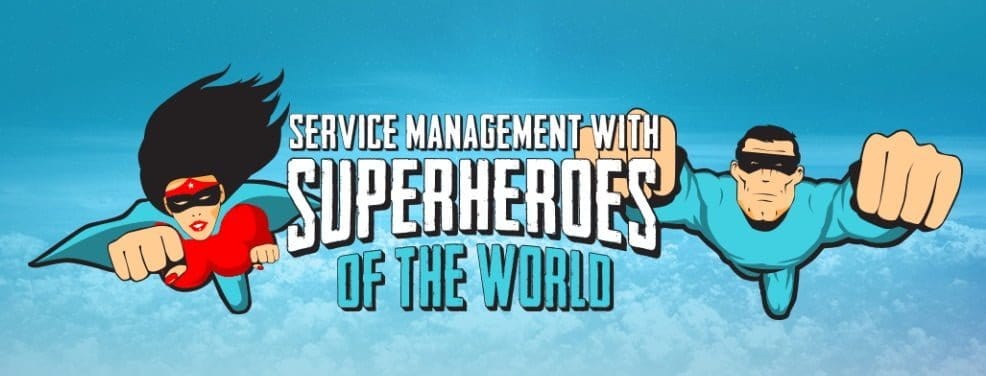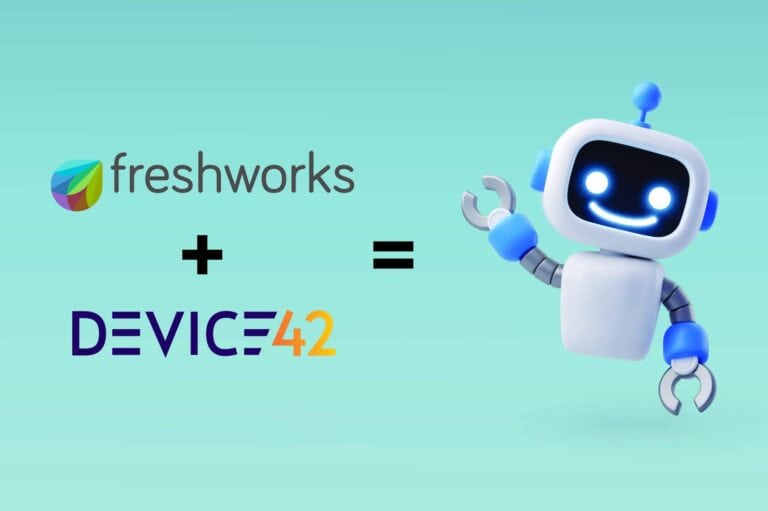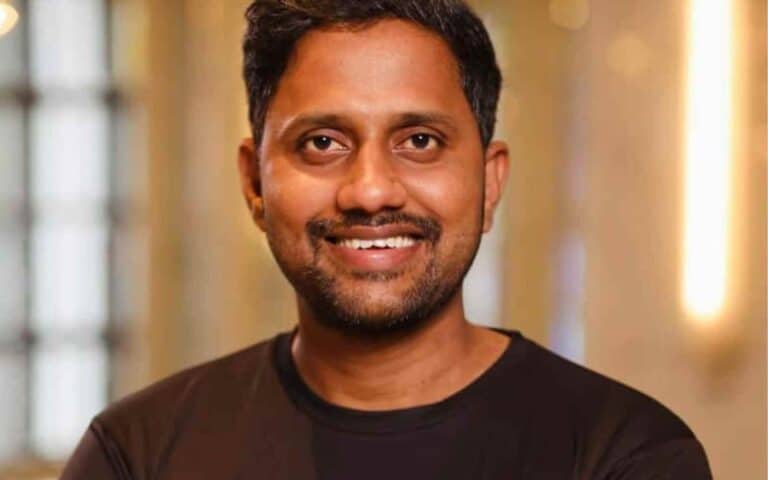A Workshop with Charlie Betz – Norway 2016
One blog post was never going to be enough to cover a 40-minute conversation with Charlie Betz. Following on from my post about Charlie’s keynote at the upcoming itSMF Norway “ITSM with Superheroes of the World” event, being held in Oslo, April 12-14, 2016, I asked what people could expect if they attended his workshop.
Table of Contents
Toggle“I really sincerely hope that people will go away with a cutting edge and very current perspective on digital transformation and agile, and how these new forces and factors are transforming their daily life as an IT professional”.
Digital Transformation – more than a buzz word
“I keep coming back to digital transformation and, although I am not all that fond of marketing buzz words, when I first heard the term digital transformation, I stopped and thought ‘what do we really mean by that?’” As the term came into common usage, Charlie grew to understand and embrace it.
“It simply is the increasing digital component of everything we know, have, experience and consume nowadays. If you are precise in what you mean by a digital component – I trace that back to Turing and Shannon – then you can be precise about the fact that there is an increasing component of it in daily products.
“You can show evidence of that, and to some extent even quantify it. Digital transformation is one of these buzz words that has real staying power, it is not just hopelessly ambiguous”.
Service management can make a difference
“Digital transformation requires, agile and iterative and systems thinking and also it requires design thinking…some of the things that Service management has right, some of the things where service management, if it can get away from its preoccupation with processes, and delve more into the moment of truth and the co-created value, can actually make a difference”.
Charlie has seen some reluctance to change in the service management community. He comments that he has even had the word Cowboy used to describe some of the things he has described. “Equating agile with ‘cowboyism’ – I thought we were past that 10 years ago”. He comments.
“There is more theory, intellectual rigor and math underlying agile than there was in much of what we call service management. There is REAL math in agile and Lean with queuing theory, modern systems theory, control theory – stuff I can’t even deal with!”
Control theory
Charlie reminds us that it is a reasonable assumption that an IT delivery system is a system and therefore it can be understood in terms of classical control theory which they use to run things like nuclear reactors. “I think the burden is on those that say ‘ no we can’t see classical control theory has anything to do with IT delivery’ to prove why that is true.
“I see that as the truly extraordinary claim…There are a growing number of very smart people (like Mark Kennaley and Mark Burgess) looking at complex IT systems using advanced mathematics , e.g. from control theory and other techniques. There is no line of sight from that to ITIL or COBIT. What is going to win…my money is on the scientists and mathematicians!”
While he is happy to admit that there may be some contradictory cases and anecdotes , but he believes that “in general your classical combination of ‘design it with TOGAF, build it with PMBOK, throw it over the wall and run it with ITIL is not the way to go – that is just not how companies like Google and Amazon got big, nor how they are running today!”
We need the end-to-end flow
“Our current frameworks just didn’t have the foundation that focuses on product management and end-to-end flow from R&D to production…get those things going and then everything else is just a means to an end. You might find it helpful to have a change process, but that process is not the end in itself, the end is the service moment of truth as it is being delivered to a changing market place that is has an understanding of itself that changes from day to day.”
Charlie’s view is that the ultimate best objective for service management lies in user experience and design thinking. “I see a convergence there. This is the next major stage – there is never an end game!
“IT needs to make some alliances with the design-thinking community and the Lean UX folks. This is going to stretch the average service management professional.
There is a continuous automation pressure on the service desk and as design thinking and UX comes to the fore we may see less and less need for the classical ‘help people out’ way of working”.
Still a place for service management professionals
This doesn’t mean to say that the days of the service management professional are numbered. “You still need humans in the loop somewhere, but the question is how, where, why and when do you do that in these complex systems. The trouble is that if we go too autonomous we wind up with automation complacency and that can lead to disaster. Machines cannot think out of the box!”
So where does Charlie think service management will be in five or ten years time?
“First of all there has always been this very confusing relationship between IT Service Management and IT Management. For example how is IT financial management specifically a service management concern? It impacts all areas of IT management.
What is service management, really?
“What do we actually mean by Service Management? If we mean ITIL and beyond, then we are actually talking about IT management in its entirety. But if you go to an itSMF conference, you are not seeing that many developers, you are certainly not seeing the architects or even the finance or security managers. The reality is that you are seeing service desk personnel and infrastructure and operations staff and managers, that is the majority of the people who make up the community”.
Big changes are afoot “all of those roles are being transformed. Service brokering is going to be a big one. That gets into the question of what should we buy, not how do we run what we have.
“You will always need some level of operations even if everything is in the cloud. You still need to have your telemetry on site so that you understand if the services you have contracted are being delivered. So there will always be some need for people to define operational protocols.
Charlie believes that those will involve much less human intervention in a completely agile, cloud world than they currently do.
Support – A CRM function?
“I think that some of the actual support will get folded into customer relationship management. How is the service desk not essentially a function of CRM? You will have more and more of the people who are doing service management actually being into the revenue-facing, value-add roles in the market and not just doing internal support and user device provisioning and the rest. SD analysts are no longer there to install software and add-ons for users”.
Charlie sees some concerns in the area of staffing and career roadmaps. “The service desk has been a great entry level position for many people, it is a gateway into IT, but that gateway is going to be increasingly difficult to access. With digital transformation, everything becomes IT. There is always bgoing to be a need for people to feel that they are being taken care of, so some form of service desk will always be needed, but the way this is staffed is going to change”.
If you want a chance to discuss just what your role may be in this digitally transformed world, Charlie’s workshop on April 12 is certainly the place to be.






